A breakthrough solution in controlling vehicles
InMotion Labs is an incubated with headquarters in the Kraków Technology Park (KPT). It entered the market in 2017 to operate in the electronics sector. Its breakthrough product is a tool that allows to detect incorrectly parked vehicles.
The idea to scan cars was born at Tel Aviv Airport, when the main inventor nearly missed his plane due to the complex and extensive procedures of returning the car at the local rental shop.
“I knew there must be a way to automate processes to save clients their frustration and the rental salon their money”, InMotion CEO Sławek Potasz puts it short.
InMotion specialises in scanning vehicles for the motoring sector and for smart cities.
As yet they have managed among others to produce a system documenting condition of vehicles for car services and second-hand car sellers. They recently extended their product range by a new tool: it makes it possible to control parking fees in the Paid Parking Zone and has been implemented in cooperation with the company’s partner, Smart Factor.
New system of controlling parking fees.
Two electric cars rolled out into the streets of Warsaw on 7 January 2020. They are equipped in state-of-the-art systems for controlling the unguarded paid parking areas. The cars are equipped with cameras that scan the license plates of the parked cars. They also have artificial intelligence harnessed into geolocation and anonymisation of data.
Warsaw is Poland’s first and one of the world’s few cities to have introduced such a system of control.
How does the system work in practice?
Cars with special identification systems on board drive around the city and photograph the cars in the paid parking zone. The control is repeated at each location, which is why it is impossible to fine the car owner who was just paying his parking fee at the moment of control. The data from all the passes are compared and only merged when a given car is recorded during the follow-up control. At the end of the day, the photographs of the cars are uploaded to ZDM (Public Roads Authority in Warsaw).
“The system makes use of sensory fusion, that is it matches camera images with the readings of LIDAR and GNSS systems. Using edge-computing model, the device recognises license plates and immediately plots them onto a GPS map with precision up to 30cm. The whole system is mounted in a roof rack on top of the car, which then is driven through the areas where you can park cars in the city”, Sławek Potasz explains.
License plates are processed and analysed by comparing to the database of the actual fees paid for parking, and owners who have not paid are sent summons to pay. The data of the drivers who have paid their fee through mobile application and who have subscriptions are immediately erased.
For the system to be efficient not only the data of the license plates must be stored. Other information is also recorded and connected to precise GPS coordinates and three types of photographs: of the license plate, of the place where the car is parked, and of fragment of a map with a photomap. Measurements are very precise and the system is designed to operate in any lighting and weather conditions.
What about patrols on foot?
Controls from moving vehicles do not rule out the work of controllers walking their beats, especially if they work in places that are less accessible for electric cars. Introduction of the control tool helps to check the parked cars more quickly and control their greater numbers, which streamlines the operation of the paid unguarded parking zone. Other than that, the system is expected to increase the share of the drivers who pay for parking and increase the churn on parking spaces, helping the drivers to find a free parking space.
A modern system of car parking control has the efficiency of 10 foot patrols, and the tests conducted prove very high accuracy of the collected data. The tool’s efficiency makes it possible to recognise even 50,000 cars in a month.
Plans for the future
“In the nearest future we intend to participate in the TechStars programme and expand the parking system with a module implementable in municipal transport, so as to start gathering information about mobility in the city. Our plans also include the development of our flagship car body scanning system, the Car Scanner, so that it could be integrated in car sharing and car rental shops at the airports”, the CEO of InMotion Labs explained.
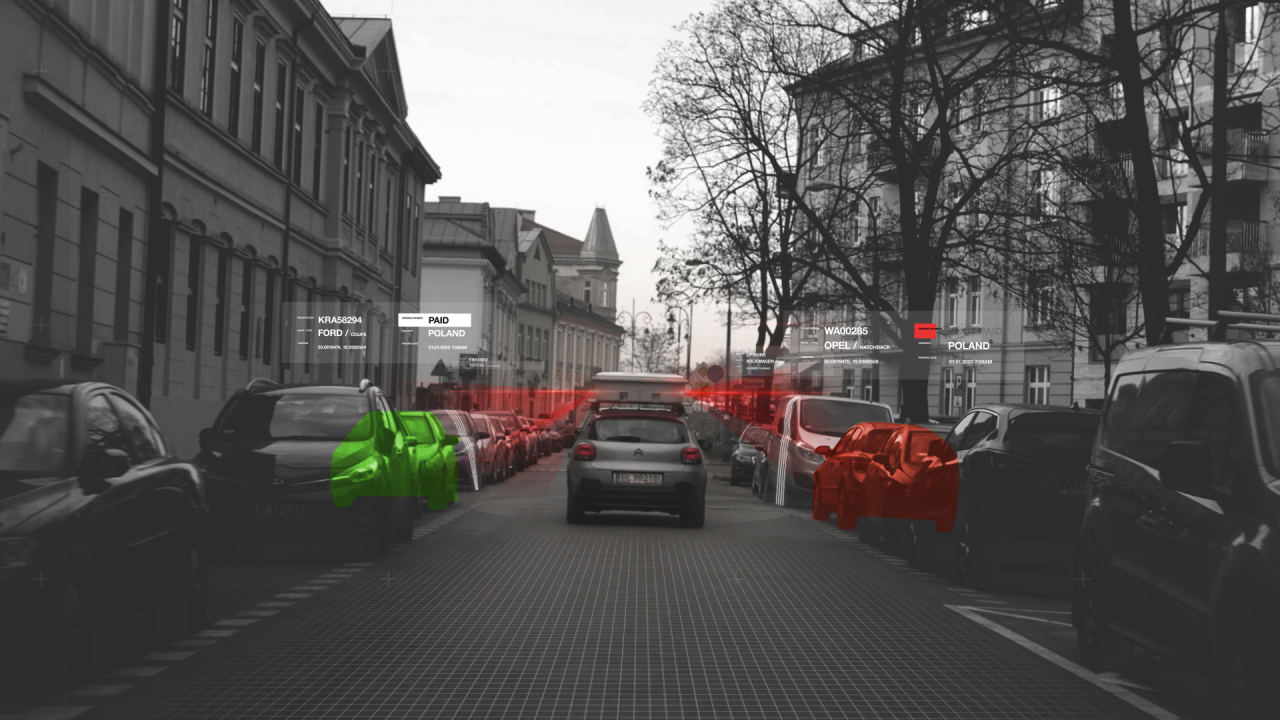
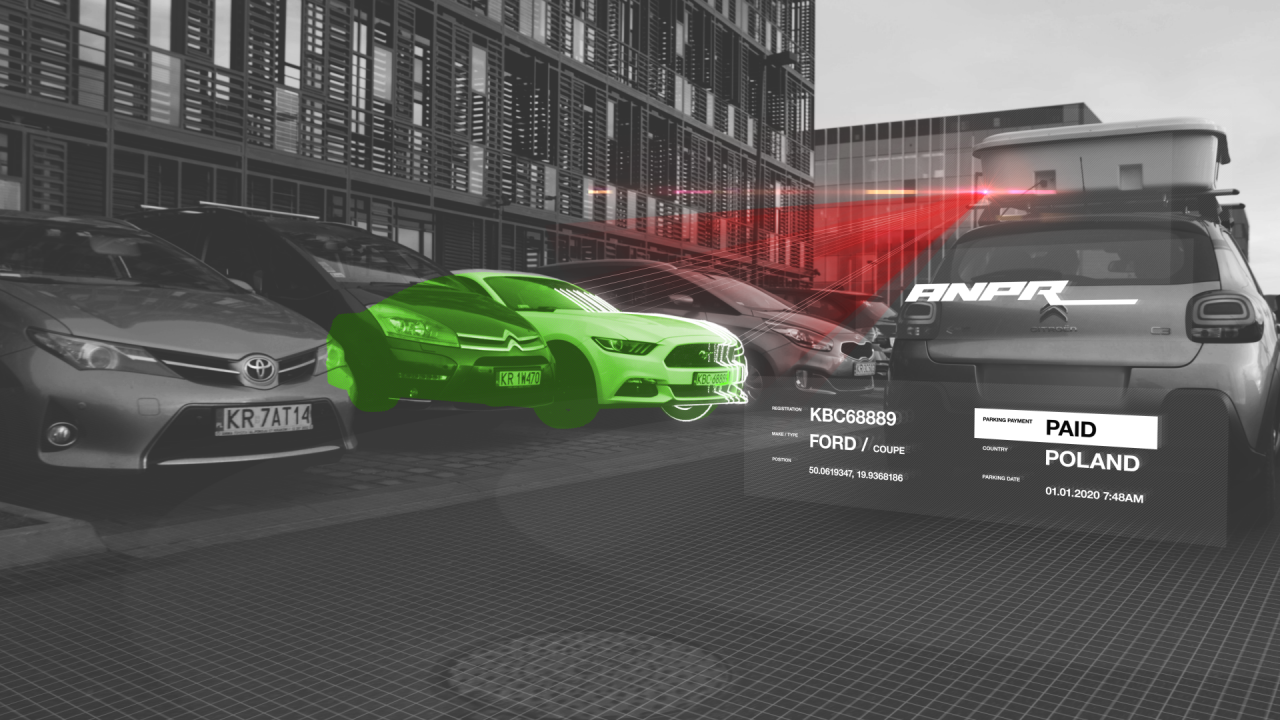
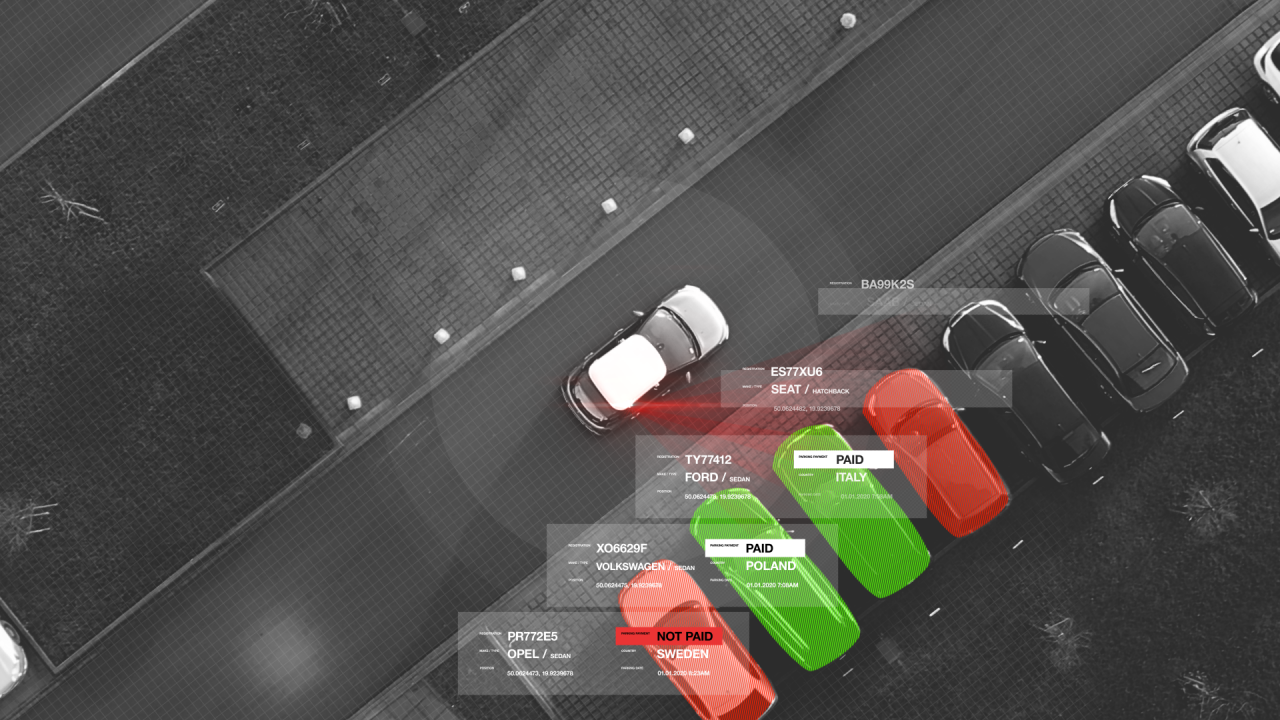
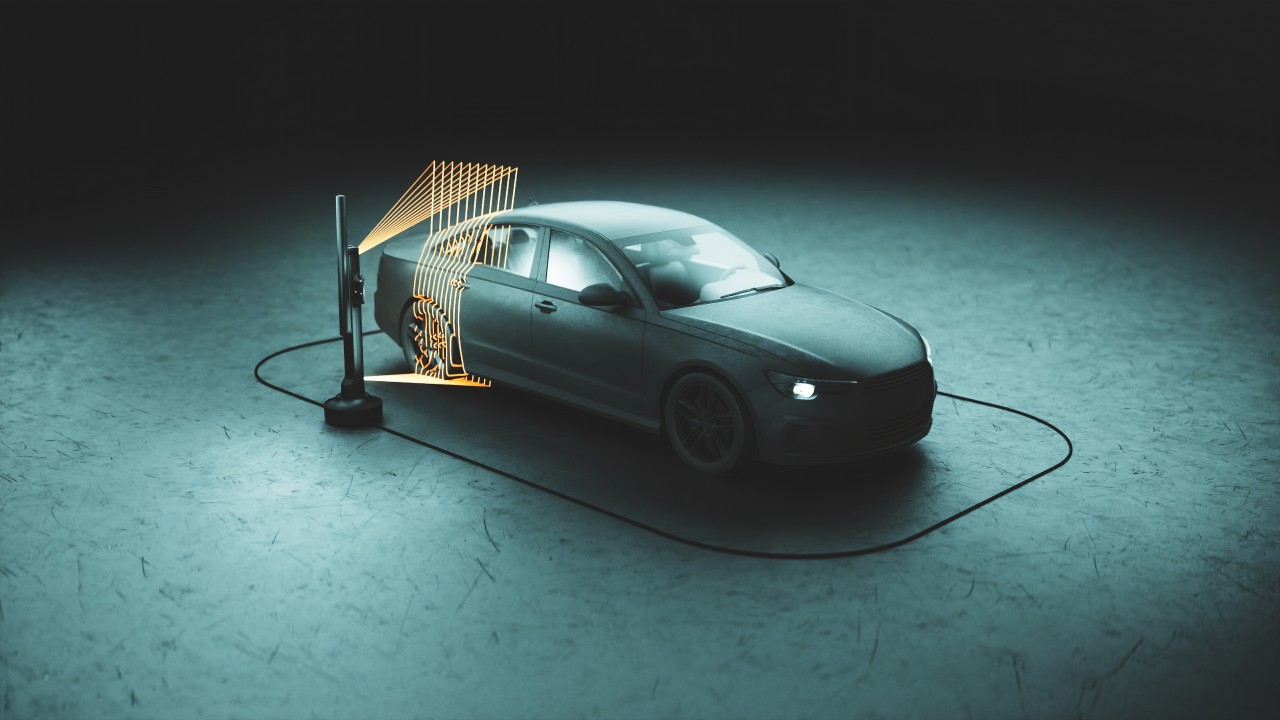
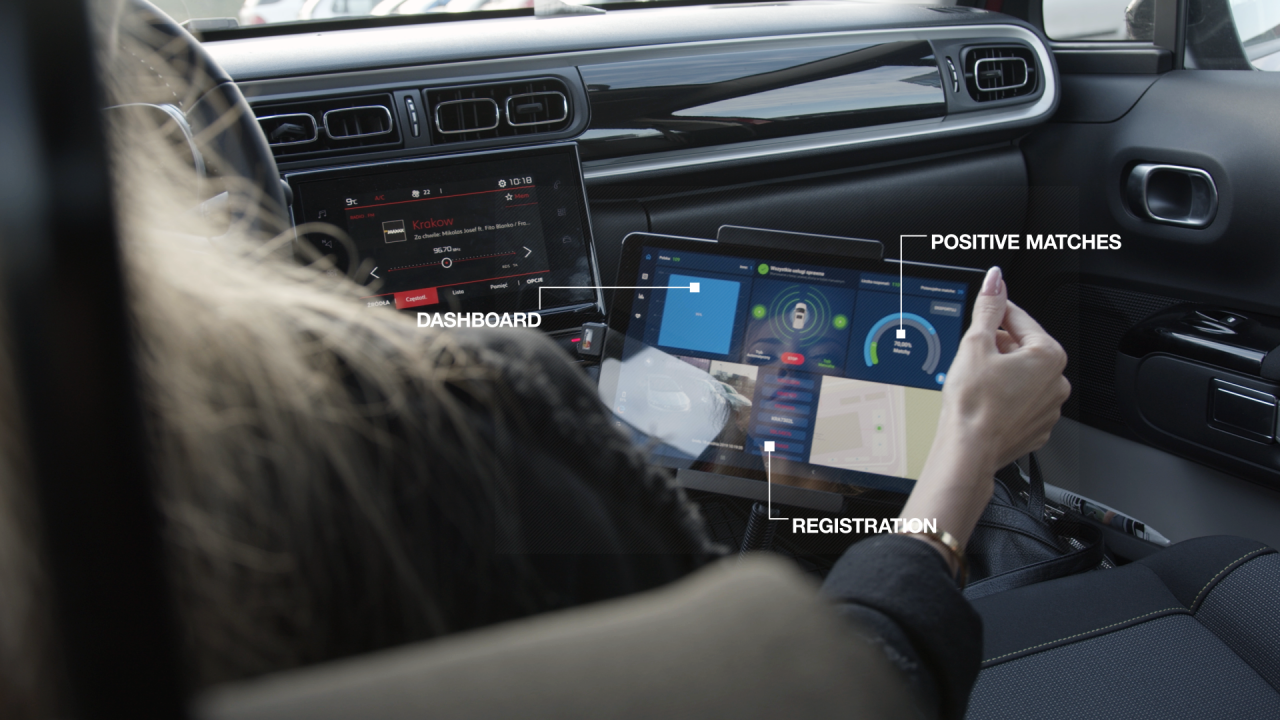
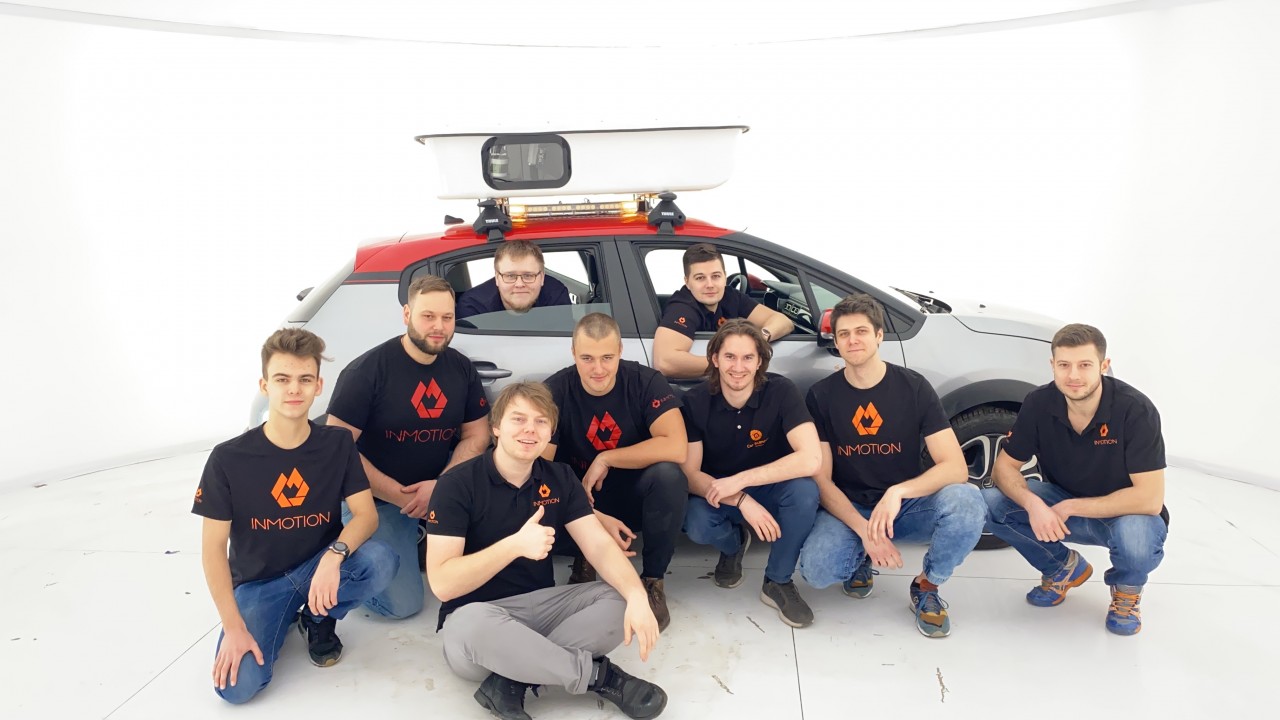
Contact
Krakowski Park Technologiczny sp. z o.o.
ul. Podole 60
30-394 Kraków
NIP 675-11-57-834
